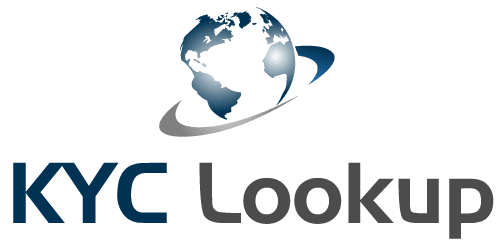12 Dec How Corruption Impacts Global Financial Systems
How Corruption Impacts Global Financial Systems – Corruption poses a profound threat to global financial systems, creating widespread instability, fuelling inequality, and undermining trust. As businesses and governments strive to combat its pervasive influence, the importance of robust anti-money laundering (AML) practices cannot be overstated. KYC Lookup, a UK-based fully accredited AML training provider, plays a vital role in equipping organisations to identify and combat corruption’s effects. In this article, we delve into the ways corruption impacts global financial systems, emphasising the value of AML training in mitigating these risks.
Understanding Corruption and Its Far-reaching Effects
Corruption is the abuse of power for personal or organisational gain, often at the expense of ethical practices and societal stability. It manifests in various forms, including bribery, embezzlement, money laundering, and fraud, creating a ripple effect that destabilises economies, governments, and institutions worldwide.
The financial repercussions of corruption are immense. The siphoning of resources weakens economic growth, discourages investment, and increases the cost of business operations. Moreover, corruption undermines trust in institutions, eroding public confidence in both private organisations and governments.
The Role of Money Laundering in Corruption
Money laundering is a key mechanism through which corruption infiltrates financial systems. By disguising the illicit origins of funds, individuals and organisations can continue their activities unchecked. Global financial institutions often become unwitting participants in these schemes, amplifying the risk of regulatory sanctions and reputational damage.
KYC Lookup’s AML training offers corporate clients essential tools to identify and report suspicious activity, ensuring compliance with international regulatory standards. Training programmes like these are crucial in preventing financial institutions from becoming conduits for corrupt practices.
Economic Consequences of Corruption
- Distortion of Markets and Investment – Corruption distorts market competition by favouring companies willing to engage in unethical practices, thereby discouraging fair competition. Investors may hesitate to enter markets riddled with corruption, fearing reputational and financial risks. This results in reduced foreign direct investment, stagnating economic growth in affected regions.
- Misallocation of Resources – Corruption often leads to the misallocation of public funds, prioritising projects that benefit corrupt officials rather than addressing societal needs. Infrastructure, healthcare, and education sectors are particularly vulnerable, leaving populations underserved and economies weakened.
- Increased Inequality – By channelling resources into the hands of a privileged few, corruption exacerbates wealth inequality. This imbalance fuels social unrest and political instability, further eroding the foundations of global financial systems.
Political and Social Implications of Corruption
- Weakening of Institutions – Corruption erodes the credibility of public and private institutions, undermining their ability to function effectively. In extreme cases, it can lead to state capture, where powerful individuals or organisations exert undue influence over governmental decision-making processes.
- Loss of Public Trust – When corruption infiltrates financial systems, it shakes public trust in institutions meant to protect societal welfare. This erosion of trust creates a vicious cycle, making it harder to implement reforms and restore stability.
- Global Security Threats – Corruption also has implications for global security, as it enables activities such as terrorism financing and organised crime. Weak regulatory frameworks and poor compliance measures leave the door open for illicit activities to flourish, further destabilising regions.
The Importance of AML Training in Combating Corruption
In the fight against corruption, AML training is a cornerstone of prevention and compliance. It equips organisations with the knowledge and tools necessary to detect suspicious activities and adhere to legal obligations. As a UK-based fully accredited AML training provider, KYC Lookup offers tailored programmes designed to address the specific needs of corporate clients.
Why Choose KYC Lookup for AML Training?
- Comprehensive Course Content: KYC Lookup provides in-depth training that covers key aspects of AML regulations, KYC (Know Your Customer) procedures, and fraud detection.
- Customised Solutions: The training programmes are tailored to the unique challenges faced by businesses across various industries.
- Expert Guidance: Led by industry professionals, KYC Lookup ensures participants gain practical insights and skills.
- Global Compliance Standards: The courses align with international regulatory frameworks, empowering organisations to operate confidently in global markets.
By investing in AML training, businesses not only mitigate corruption risks but also enhance their reputation as ethical and compliant organisations.
Collaborative Efforts to Tackle Corruption
Addressing corruption requires a collaborative approach involving governments, international organisations, financial institutions, and corporations. Key measures include:
- Strengthening Legal Frameworks: Governments must establish and enforce stringent anti-corruption laws to deter unethical practices.
- Promoting Transparency: Increased transparency in financial transactions and public procurement processes reduces opportunities for corruption.
- Enhancing Global Cooperation: Cross-border collaboration among nations ensures a unified front against corruption and money laundering.
- Investing in Training and Education: Organisations like KYC Lookup play a vital role in raising awareness and building capacity to combat corruption effectively.
Looking Ahead: A Corruption-Free Financial System
The fight against corruption is far from over, but with sustained effort and the right tools, progress is achievable. Organisations must remain vigilant, adopting proactive measures such as AML training to safeguard financial systems and uphold ethical standards.
KYC Lookup stands as a trusted partner in this endeavour, providing comprehensive AML training to corporate clients worldwide. By empowering businesses to identify and mitigate corruption risks, KYC Lookup contributes to a more transparent and resilient global financial system.



No Comments